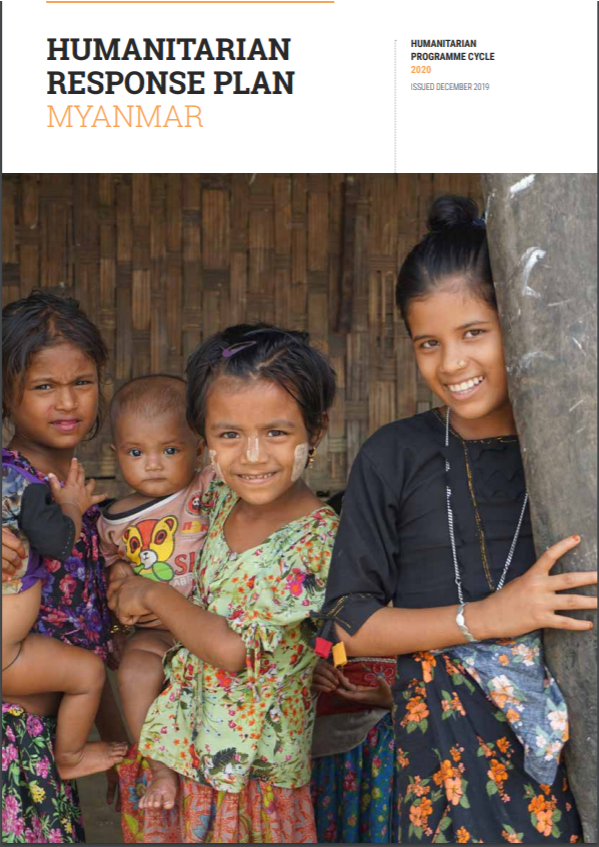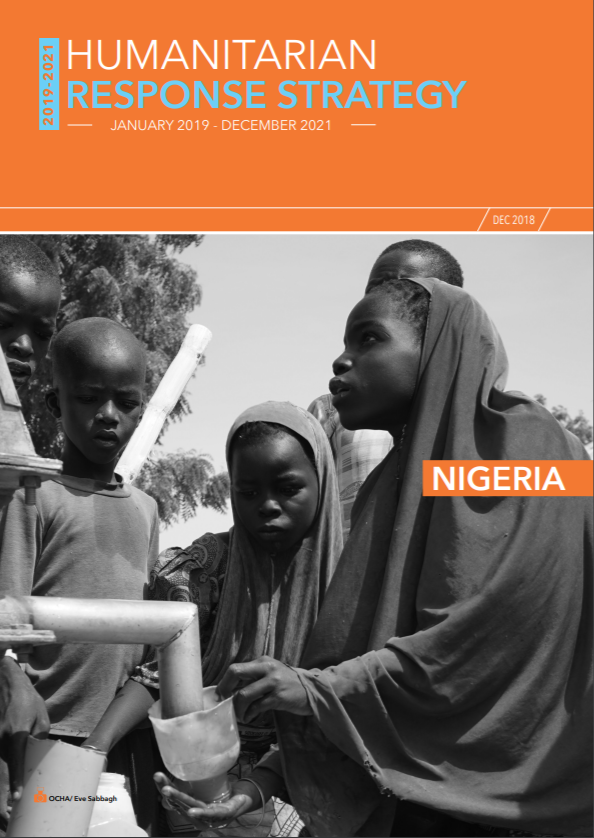RMRP 2020 for Refugees and Migrants from Venezuela May 2020 revision (COVID-19)

Of the approximately 5.1 million refugees and migrants from Venezuela displaced globally, some 4.3 million are hosted in Latin America and the Caribbean. The majority of Venezuelans have no prospects for a sustainable return in the short to medium-term. Colombia alone hosts more than 1.8 million refugees and migrants, including over 1 million with an irregular status, who are without proper documentation to facilitate access to basic rights and services including existential healthcare, WASH, nutrition and other life-saving facilities.
Country
Worldwide
Region
Worldwide
Year
2020
Topics




